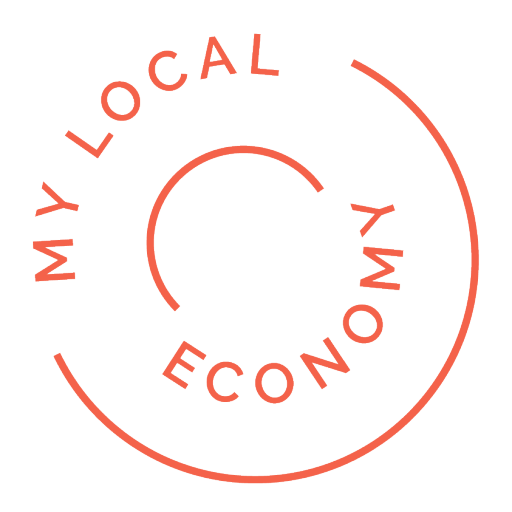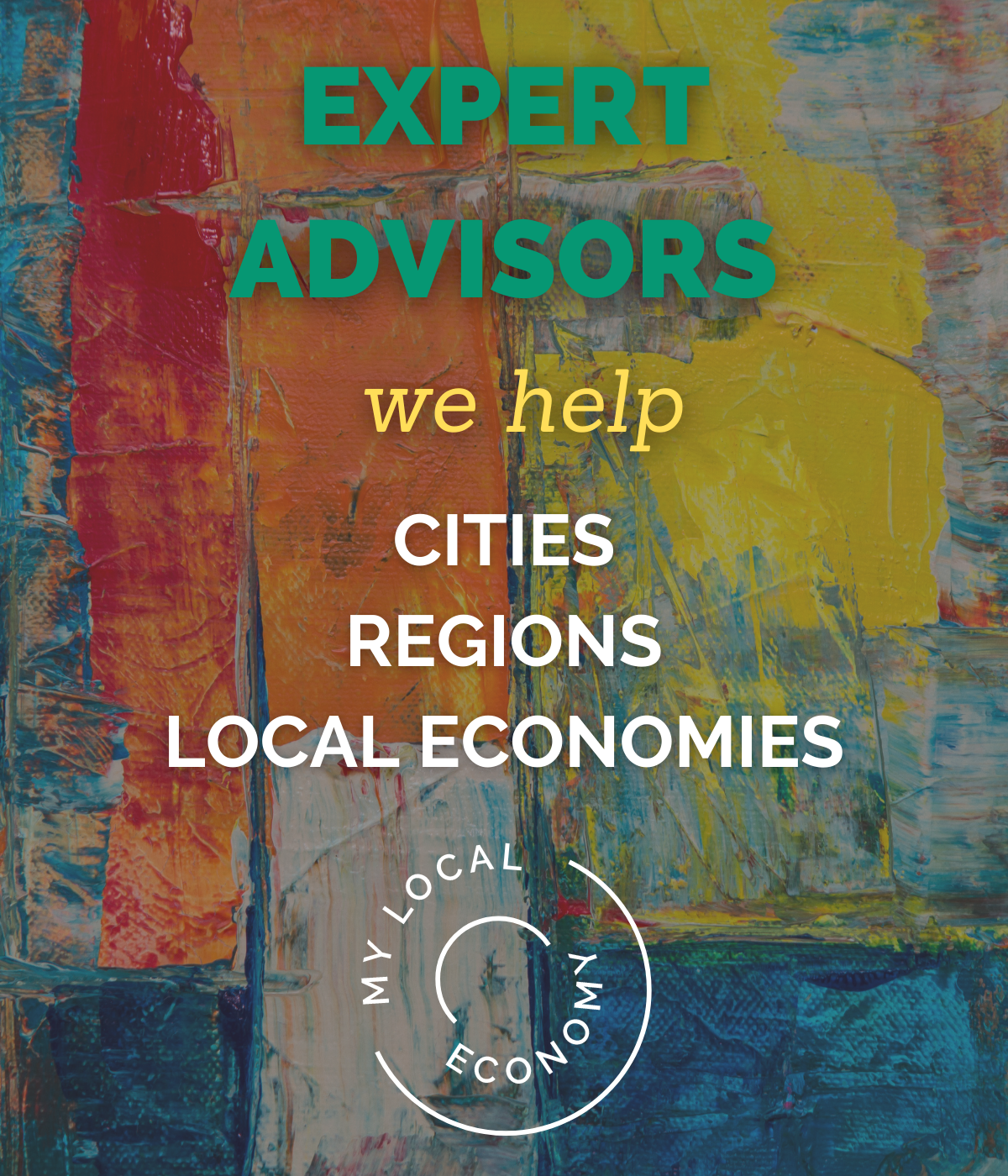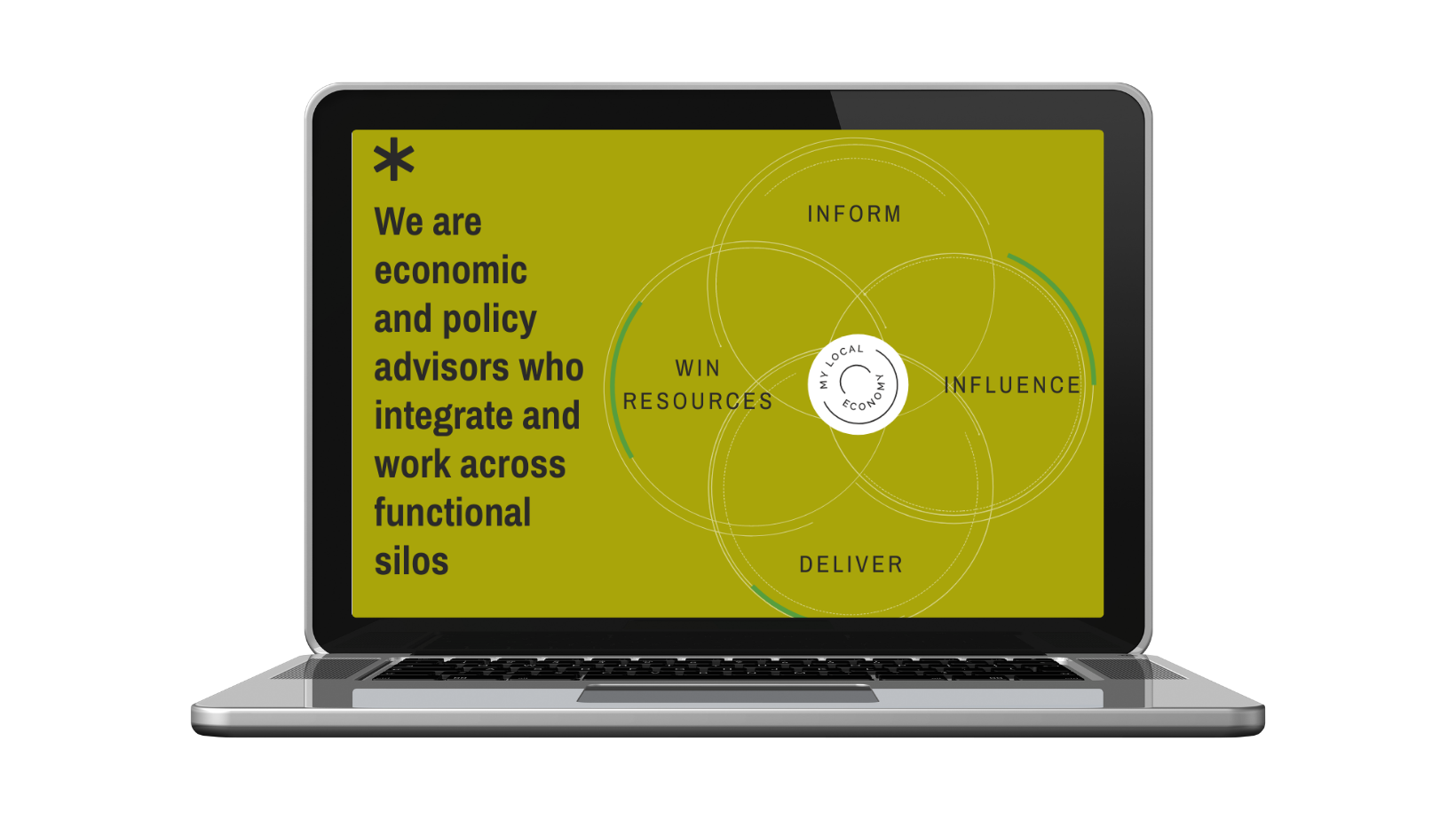In local economic development the governance and structures will never be perfect. You need to deal with the bureaucracy that comes with public money and not hide from it. Plans and strategies are useful, until the action begins. And you need to focus to be effective, and have a team of professionals who understand both business and government, with top class communications and negotiation skills. In this article I’ve tried to encapsulate what’s often written between the lines, and hopefully dispel some of the misconceptions about local economic development in practice.
The governance, structures and areas debate will roll on and on – best getting on with delivery and making a visible difference
The structures and governance will never be right – someone will always be upset because they are not represented, or that the LEP never talks to them, or that its undemocratic. Public-private partnerships are like that. What people will remember is – were they any good? institutional and structural change is a given in economic development and regeneration. What people tend to remember are the extremes – were they any good, what did they deliver? they will remember if they perceived an organisation as making no difference – “they didn’t deliver anything, they just produced strategies.” Visibility is also crucial – its no use being brilliant at something if no-one knows about it, or doing deals without people finding out. Ok too much marketing and self-promotion can also backfire and put people’s backs up; but there are other ways to be visible through relationships and day to day networks.
Don’t get too carried away with the debate about structures and governance. Hell, yes, I can remember the debates about RDAs being formed, and the the Subnational Review of Economic Development and Regeneration, getting everyone’s hopes up, then dashing a few, and then government saying “its up to you”! meanwhile I worked in Scotland, and we carried on in our national organisations – we changed and adapted what we did for sure, but we didn’t scrap our organisations and create new ones. In the case of the South East LEP – I think they have proceeded sensibly by having their subsidiary arrangements – allows them to get on and deliver things.
Bureaucracy and red tape do not simply get cancelled – they either go on holiday (and come back), or get shifted onto someone else’s desk
Keeping bureaucracy away from business means passing it onto someone else, or doing it yourself (if you are a LEP or local authority). If you want to hide the wiring of funding applications, etc. from business, you need the people and capacity to take care of this. Local delivery organisations have to comply with public funding requirements – and you either push this onto business, or do it yourself. This means you need to have the capacity to deal with the audit, funding and legal requirements. I think that LEPs, and many LEP board members have had quite a shock in terms of the conditionalities and processes that come with government processes. However, these processes rarely change – you just have to put in place effective and efficient administrative capacity and processes to deal with them.
What Company or Governing Boards want in terms of performance reporting and management information involves having an effective bureaucracy in place. Many board members expect to be handed all this financial analysis, evaluation, options appraisal etc on a plate at board meetings. But it takes a lot of work to put this in place, and explain in clear and concise terms the implications of different options or decisions.
Private companies would go through exhaustive due diligence before signing a contract or investing a few £million, the public sector and local economic development sector should be no different. I’ve heard it millions of times – “but this is the private sector, where decisions are made quickly, and we don’t usually fill in all these forms”. But I’ve actually seen many public-private deals put together and and witnessed private finance processes – lots of forms, lots of due diligence, lots of legal stuff about defaults, clawbacks, creditors etc.
Having a good strategy is important, but don’t wait until its perfect. You need to quickly get on and deliver the obvious stuff first, whilst you work on developing ideas and practical options for the the more challenging priorities
its important to have a good strategy – but be pragmatic. Its not a masterplan that will be delivered 100% on time, on schedule. Half of it might be very detailed and accurate, and achievable – and half might not, because you don’t have the expertise, the resources, or the levers to pull to address the issues. Start delivering now. Don’t wait until the strategy is perfect. Start by stepping stones. If you don’t have all the money now, do what you can and this will help prove the case for further funds.
Local development organisations have never been judged a success by having the best economic strategy in the universe – they get judged by delivery. I am amazed at how much of LEP resources have been put into SEPs – has this created a wee bit too much distraction from the important business of delivery?
Deliver results and impacts, people forget about the structures and governance aspects (for a while!)
If you can deliver results – people tend to forget about the governance stuff, apart from they want to be a big part of your future success. Delivering results, making a difference – is the best advert for yourself you can get, and the best motivation for local partners to support and get involved.
Strategic organisations can often be the most expendable. LEPs are often pushed as ‘strategic bodies’. But at some point, stakeholders and businesses will accuse them of just writing strategies and not implementing anything. Oh, and governments too – easier for them to close things down.
You can’t do everything – you need to focus
The budgets for local economic development nowadays seem inversely proportional to the expectations and portfolio of roles that rest on the shoulders of organisations such as LEPs. In local economic development, as in life – you simply cannot do everything. You need to choose a few key priorities and activities where you can and will make a huge difference.
Resist the urge to take on national policy commitments. The previous government said that RDAs were doing their industrial policy for them – but this was just plain nonsense, as without some national policy actions (such as relating to tax, legislation and things like HE and research funding), there was no national industrial policy. Be wary of claiming to be delivering national policy wholesale – e.g. solving the housing supply crisis or solving local congestion. There needs to be partnership between local and central governments. Either that or wholescale devolution of finance and responsibility – of which there is not the faintest glimmer at the moment.
Perhaps LEPs need to focus less on physical infrastructure and more on business and skills? I think that an unfortunate side effect of the SEP process has been that many LEPs have been sidetracked away from the excellent progress that they were making on business growth and skills. To some degree that is the natural role of Whitehall – to create new structures do do one thing, then for them to provide funding to do another.
The skillset for local economic development remains the same – combining commercial experience with government; relationship management with diplomacy
Economic development professionals all have their specialisms, but there are a few core skills and abilities required. Firstly, they must understand the commercial world, private business and markets – but they must also understand how to deal with government. A lot of their work is reconciling the two , and much of the work is around communicating and interpreting what the market wants from government and vice-versa. Relationship management skills and diplomacy are also a key requirement. You get to deal with a lot of personalities and general disagreements (usually just bad communication) – being able to deal with them is the key. Other associated skills such as the ability to chair a meeting, hold an impromptu workshop, listening, being fair and objective, and chairing skills all go a long way to helping with this.
Economic development professionals need “get up and go”. I recently dealt with a local authority officer who wanted to push a project to their local LEP, but just had not discussed this with the key stakeholders concerned. My response was – “its your project, and if you can’t do the spade work and relationship building to get it off the ground and in a fit state to pass through the board, then it ain’t got a chance of succeeding.” I genuinely think that that, to be effective at local economic development, you need the drive and self-motivation to succeed or make things happen. Some might say its called ‘being entrepreneurial.’
Economic development professionals need to be able to understand, and act on, a diverse portfolio of activities and challenges. I sometimes think that those with a public sector background are more able to cope with multiple and competing policy objectives and multiple stakeholders; and that business people are better at focused delivery. Its useful to have a team that can combine both of these skills.
Local economic development is political
Many business LEP board members thought it was all about business! but its a very political process. This has always been the case. You need to be able to push through investments that have a sound basis in economic and business needs and opportunities, but also make them politically attractive. But isn’t business a political and social activity too? of course it is.




